T4K3.news
NASA weighs intercept of interstellar visitor 3I ATLAS
A congressional push to extend Juno sparks questions on feasibility and budget as scientists weigh options for studying the fast moving interstellar object.
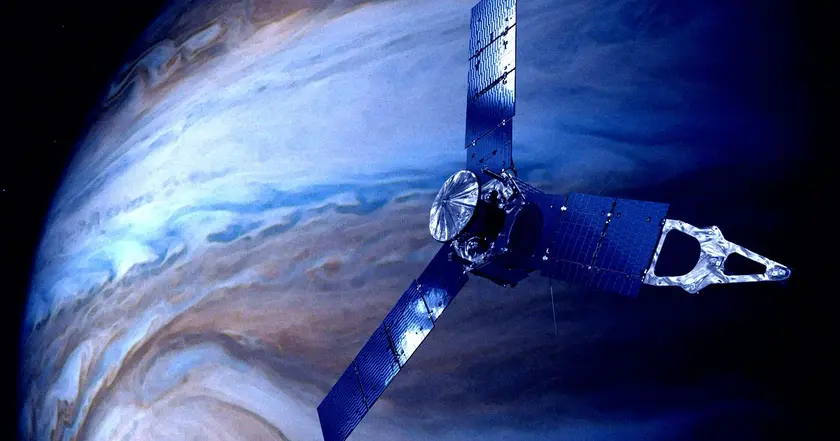
A congressional push to extend the Juno mission to chase a fast moving interstellar object tests feasibility against budget and engineering limits.
NASA weighs intercept of interstellar visitor 3I ATLAS
Interstellar object 3I/ATLAS sped through the solar system at high speed, drawing scientists who want a closer look. Harvard astronomer Avi Loeb suggested using the Juno spacecraft to intercept the path near Jupiter to gain firsthand data. Congresswoman Anna Paulina Luna sent a letter to acting NASA administrator Sean Duffy urging the agency to study fuel needs and extend the Juno mission to mid March 2026 at an estimated cost of about 15 million dollars for six months.
Experts warned intercepting 3I/ATLAS would be a major challenge because Juno has limited fuel and the main engine is malfunctioning. Some scientists say retraining the mission could yield novel data if instruments work, but many observers doubt the plan makes sense with current constraints. Other options exist; JUICE may help, and a data window opens when 3I/ATLAS passes near Mars in late November, though observing from Earth will be difficult.
Key Takeaways
"Juno does not have enough fuel to visit 3I ATLAS"
Jason Wright comments on feasibility concerns for intercepting the object
"Could it be re tasked"
Mark Burchell on potential mission re assignment
"It would require a lot of fuel and a lot of rapid mobilization from people here on Earth"
Atsuhiro Yaginuma on the resource challenge
"I am not sure it is feasible to send it to the comet"
Luca Conversi on technical feasibility from JUICE perspective
The debate reveals a tension between bold scientific curiosity and budget reality. The push from a member of Congress shows how space policy can be shaped by dramatic moments rather than careful planning. It exposes how public interest can drive policy decisions that hinge on fuel budgets and engineering feasibility.
If this pursuit pushes for clearer cost benefit analysis and better project readiness, it could strengthen the science theater by forcing accountable planning. But it also risks redirecting attention from ongoing work that preserves core capabilities and mission reliability. The outcome may set a precedent for how far to chase extraordinary observations when resources are scarce.
Highlights
- Fuel limits become policy limits
- Interstellar curiosity meets budget reality
- Bold ideas need clear fuel plans
- Public interest drives space policy and budgets
Budget and political sensitivity around pursuit of 3I ATLAS
The push to extend Juno's life to chase an interstellar visitor raises questions about fuel, cost, and policy priorities. With a proposed extension costing around 15 million dollars, critics warn against diverting scarce resources from core missions. The episode touches on political scrutiny and public reaction to space spending.
Bold science must be paired with solid plans and sober budgets to turn curiosity into lasting discoveries.
Enjoyed this? Let your friends know!
Related News

NASA plans to study interstellar object with Juno spacecraft
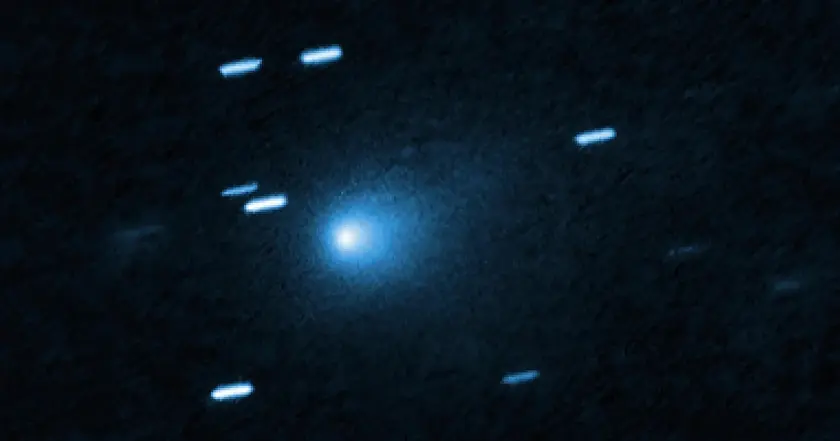
Hubble captures interstellar comet Atlas
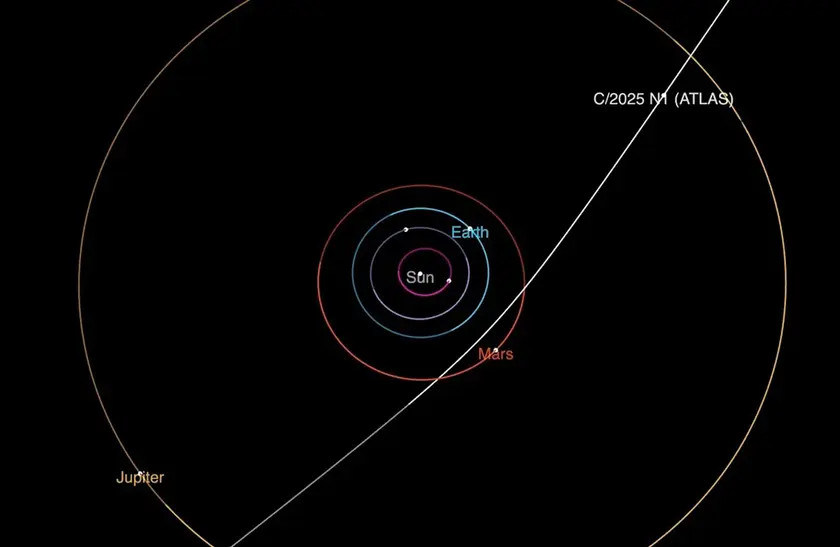
Interstellar comet image captured
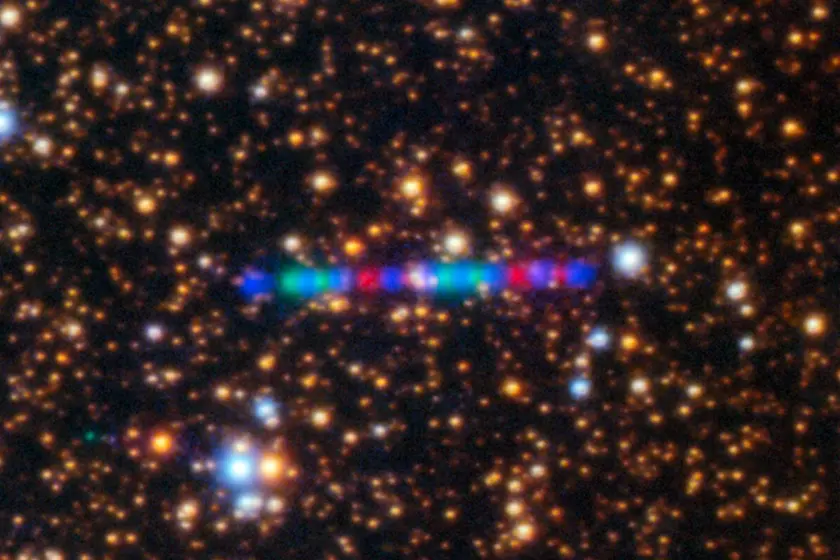
Gemini North images interstellar comet 3I/ATLAS

Hubble reveals best image of interstellar comet
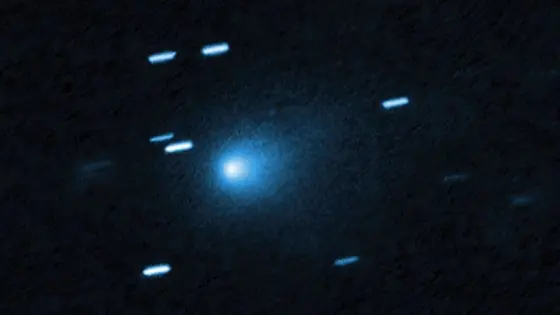
Hubble reveals interstellar comet 3I/ATLAS in stunning detail
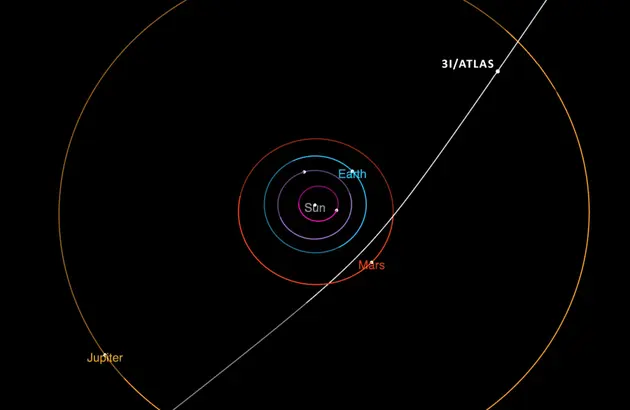
ASU's Kenneth Carrell comments on interstellar comet 3I/ATLAS
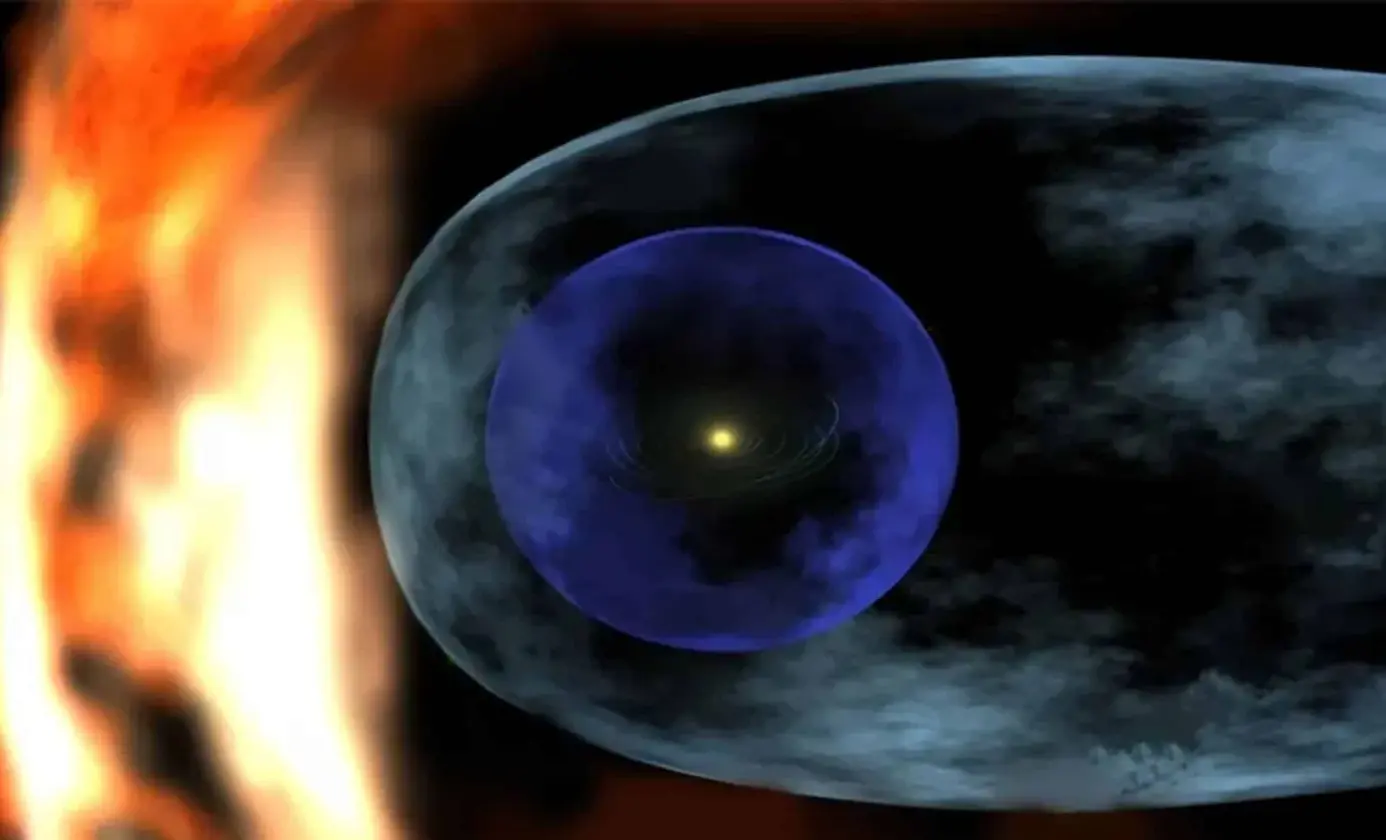
Interstellar encounter linked to past climate changes
